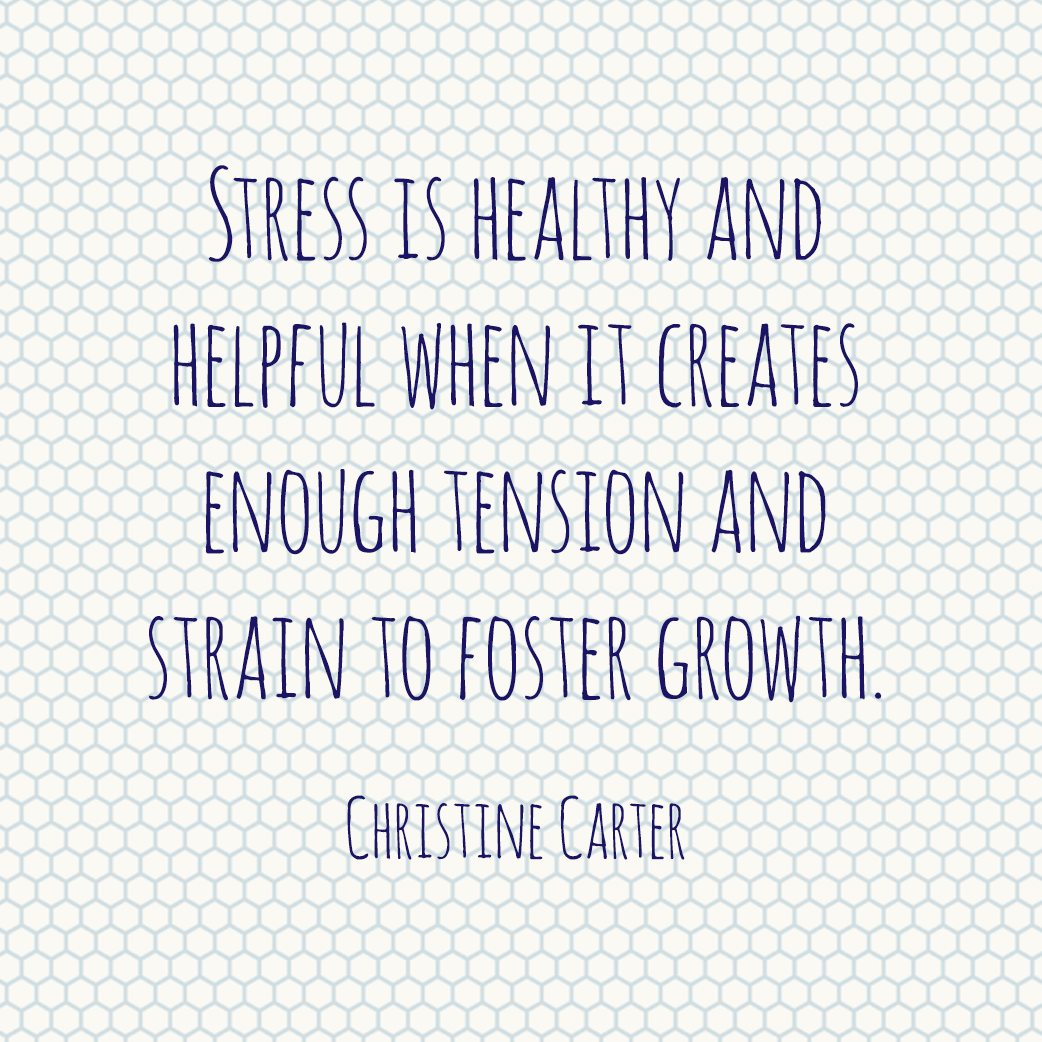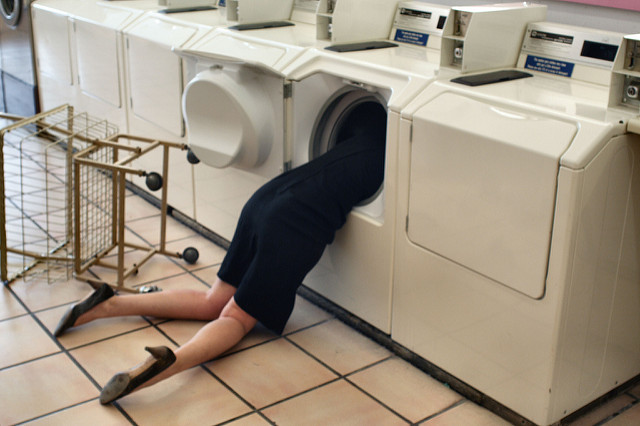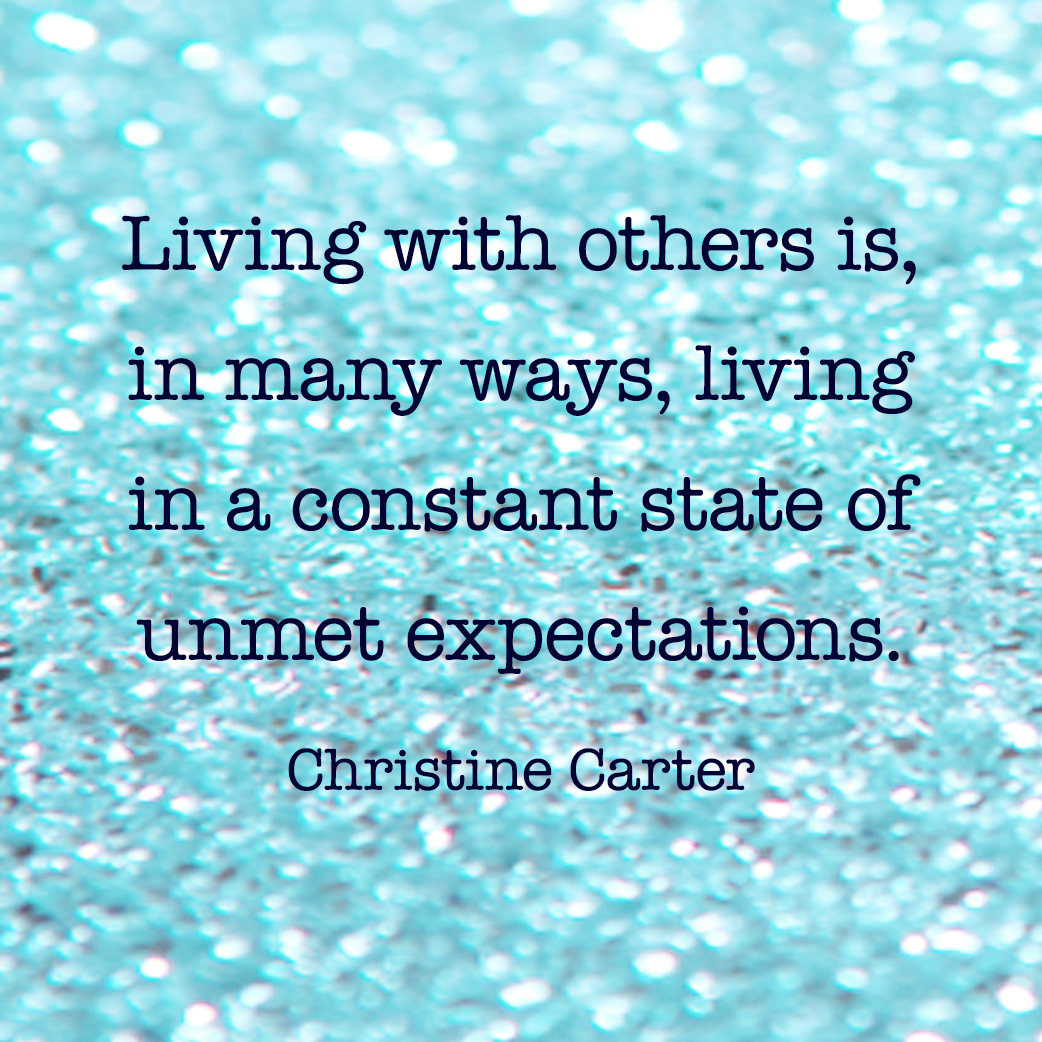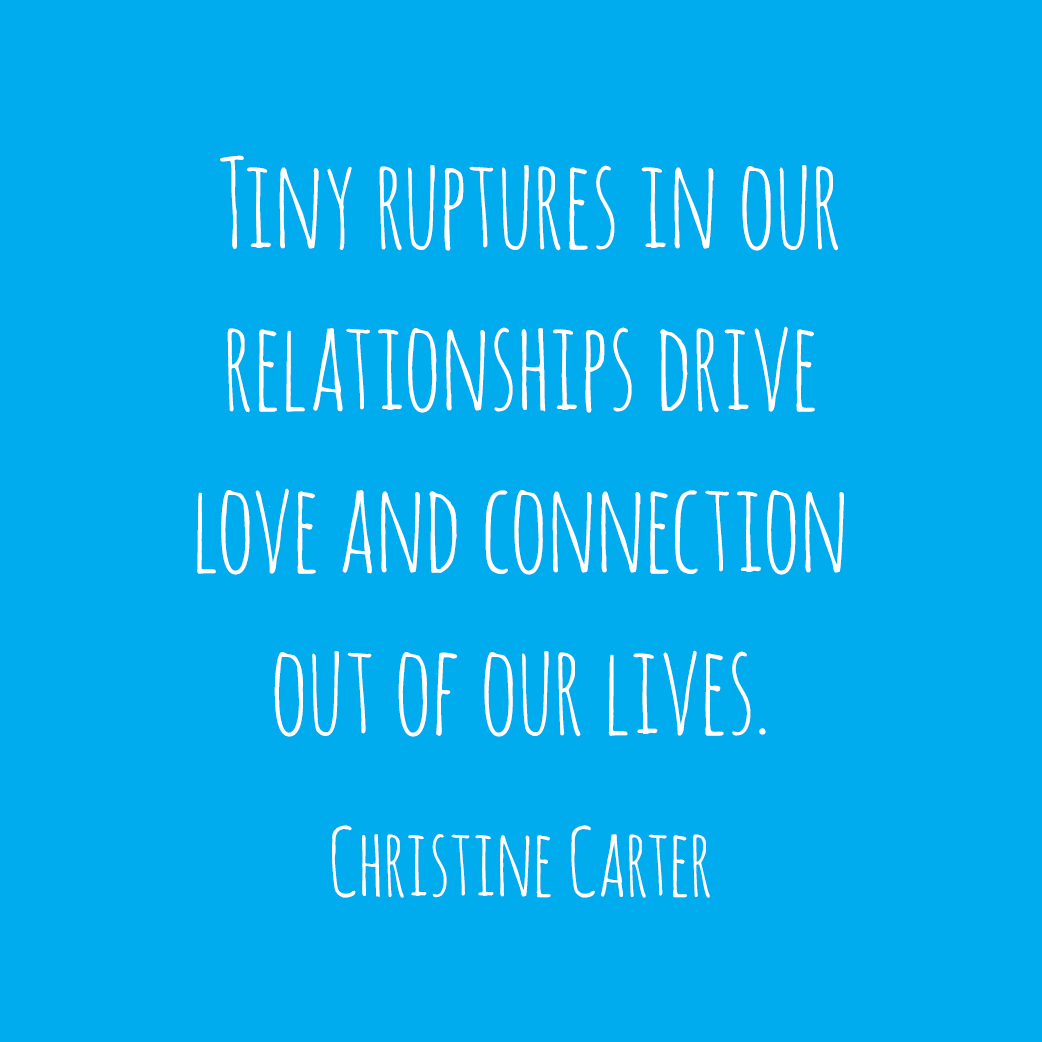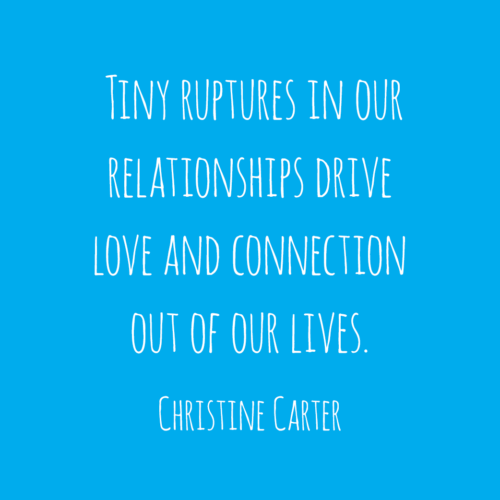Imagine, if you’ll indulge me for a minute, what it must be like to be one of my children. As a professional advice giver, I’m — let’s just be honest — bossy. I have an opinion (albeit science-based) about everything. When people (not my children) seek out my coaching, wanting guidance for improving their happiness, their effectiveness at work, or their parenting, I’m more than happy to tell them not just what I think but what, specifically, to do.
So it hasn’t been easy to be Molly or Fiona, the guinea pigs on which I’ve tested all of my science-based parenting advice since not long after I gave birth to them. I’ve done my best to arm them with instructions for every possible situation. Once, dropping my kids off at sleepaway camp for the first time, I found myself suggesting to a very nervous Fiona a specific way to breathe and specific things she might think about to distract her from her anxiety. I had become so controlling that I was telling her how to breathe and exactly what to think.
The irony, of course, is that trying to control your children is frequently futile and usually counterproductive.
That’s the clear conclusion psychologist Wendy Grolnick has reached over two decades of watching parents talk to their children. Here’s the gist of her research: The children of controlling parents — those who tell their children exactly what to do, and when to do it — don’t do as well as kids whose parents are involved and supportive without being bossy. Children of “directive” parents, like me, tend to be less creative and resourceful, less persistent when faced with a challenge, less successful solving problems. They don’t like school as much, and they don’t achieve as much academically.
Enter my awesome stepchildren. They’ve been in my life for a decade. I’ve loved and supported them, but at first from a distance — we didn’t really live together until about five years ago. It isn’t that I haven’t disciplined them, or asked them to help out around the house, or offered an unpopular opinion. I have. I’ve taken away devices, made and enforced rules, helped them address thank-you notes, just like I do with Molly and Fiona.
But there is a major difference between the way that I parent my stepchildren and the way that I parent Molly and Fiona. Mainly, I’m just not as bossy. I’m more like a very involved aunty with my stepchildren than the helicopter mom I’m prone to being with my biological kids. I don’t criticize them, and I make an effort to hold my tongue when they do something that I find irritating.
I can more easily be supportive of them without being attached to the outcome; I can make a suggestion without caring whether or not it is taken. Instead of bossing my stepchildren around, expecting them to do what I want them to do when I want them to do it, I choose my requests carefully and try to voice them respectfully.
Take the time that I had an opportunity to teach both my stepdaughter, Macie, who was at the time in 9th grade, and Molly, then in 6th grade, some new study skills. Unconsciously, I approached the kids differently. I was very directive with Molly, basically telling her what she had to do and then sitting next to her while she tried out my suggestions, correcting her every move. The following day, she was supposed to study on her own (using the new technique I’d given her). She tried, for a little while. And then, just like the kids in Grolnick’s studies, she got frustrated and gave up.
I didn’t realize my error with Molly until a few days later when Macie needed help studying for a test. I offered to teach her some study skills but was clear that I wouldn’t be offended if she didn’t want my help. I was delighted when she took me up on my offer. But I wasn’t as intent on having her put my tips to use.
I’m more like a very involved aunty with my stepchildren than the helicopter mom I’m prone to being with my biological kids. I don’t criticize them, and I make an effort to hold my tongue. Share on X
My emotional stance in these two situations was completely different. With Molly, I was an anxious mom, worried about her school performance. With Macie, I was just there, loving the opportunity to teach her something that might be useful.
It dawned on me that I have been much more respectful of my stepchildren’s autonomy. I can support them without mistakenly thinking that their competence is my competence. I don’t worry (or even think) about how their successes or failures might reflect on me.
It is totally normal for parents to feel like they have more skin in the game with their biological children than stepchildren; psychologists call this tendency “ego-involvement.” In her wonderful book Pressured Parents, Stressed Out Kids, Grolnick writes,
Ego-involvement occurs when our protective and loving hardwiring collides with the competition in our children’s lives, prompting us wrap our own self-esteem around our children’s achievement. That gives us our own stake in how well our child performs.
However normal it may be, my “ego-involvement” wasn’t helping anyone; it may have actually been making Molly and Fiona less successful in their endeavors. Noticing how differently I was behaving with my stepchildren was a giant wake-up call. I needed to be more supportive of Molly and Fiona without being intrusive, to make requests without being so bossy.
After the study skills incident, I resolved to coach my children more like I coach my clients: gently, and without ego-attachment. Instead of dictating what I want when I want it (“Put that freaking device down! You should be helping me with dinner! Start peeling the carrots NOW!”), I’ve returned to the “ERN” approach I devised in Raising Happiness:
- Empathize. “I know you’d rather be looking at Snapchat than helping in the kitchen right now. I’m dying to know what is cracking you up.”
- Provide Rationale. “I do need some help with dinner, because we don’t have much time before we need to leave for your performance.”
- Use Non-controlling language — don’t dictate or boss kids around. This one is hard for me. Asking questions helps, as in: “Would you rather peel carrots or set the table? Either would be super helpful right now.” I don’t let myself say “should,” “have to,” or “I want you to,” which is what Grolnick sees as the epitome of controlling language.
None of this is about lowering my standards or relaxing rules; my children will still tell you that I’m the strictest parent on the block. But providing kids with high expectations and lots of structure is very different than being bossy and dictatorial.
As I’ve made an effort to be less controlling, my connections with my children have instantly deepened. Why? Jess Lahey, author of The Gift of Failure: How the Best Parents Learn to Let Go So Their Children Can Succeed, explained to me that “parental control kills connection.”
So on this Mother’s Day, I’m grateful for my connections to my four children, all of whom I love with all my heart. And right now I’m especially grateful for my beautiful stepchildren. They have given me the opportunity to experience what it is like to love without the sticky attachment of my ego, and that is truly the sweet spot of motherhood.



